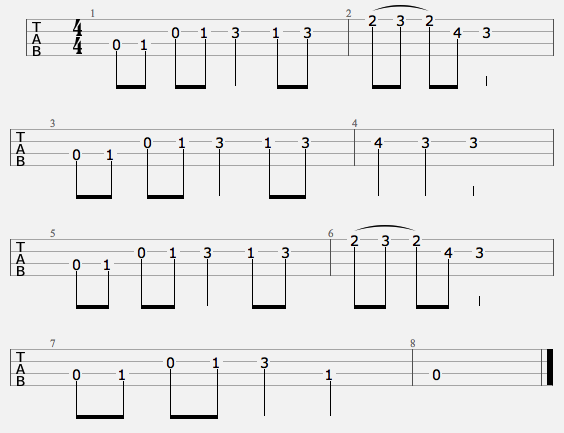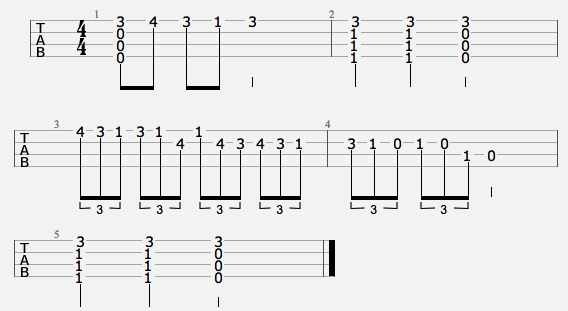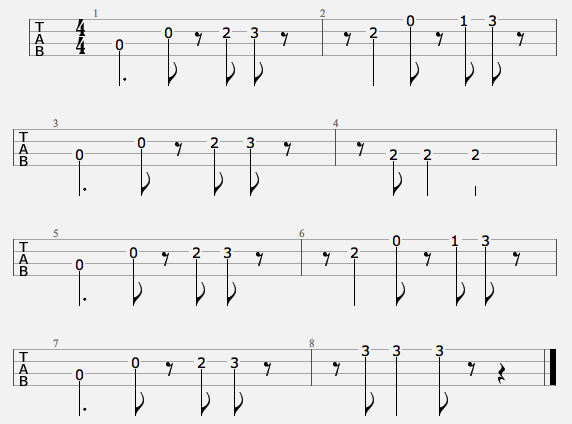I’m going to backtrack from the title right away. Whether these scales sound weird to you depends entirely on your cultural perspective. But they are rarely heard on the ukulele.
There are plenty of good reasons to learn unfamiliar sounding scales:
– Rut busting: Ever find yourself playing the same set of notes over and over again?
– Lame Pastiches: This is how they’re most often used. And that’s what I’ve done for the demo examples in this post. But that’s certainly not the best way of using the scales.
– Integrating into your own style: Much more satisfying is take ideas and sounds and integrate them into your own playing.
So, for starters, here are three lesser-uked scales for you to try out.
Double Harmonic – “Arabic Scale”
How it Sounds
You Might Recognise it From: Miserlou
In C
C – Db – E – F – G – Ab – B – C
In General
1 – b2 – 3 – 4 – 5 – b6 – 7
How to Play It
An Example
Deeper Listening: Khyam Allami
Phrygian Dominant – “Flamenco Scale”
How it Sounds
You Might Recognise it From: Metallica’s Wherever I May Roam
In C
C – Db – E – F – G – Ab – Bb – C
In General
1 – b2 – 3 – 4 – 5 – b6 – b7
How to Play It
An Example
Deeper Listening: Paco De Lucia
Lydian Dominant – The Simpsons Scale
How it Sounds
You Might Recognise it From: The Simpsons Theme Tune
In C
C – D – E – F# – G – A – Bb – C
In General
1 – 2 – 3 – #4 – 5 – 6 – b7
How to Play It
An Example
Deeper Listening: Danny Elfman and Tim Burton Music Box

This work by Ukulele Hunt is licensed under a Creative Commons Attribution 3.0 Unported License.









Just made a huge impression on my better half by trying to look like Antonio Banderas while playing your Phrygian Dominant example.
Paco’s ‘Entre Dos Aguas’ is one of my favourite tunes btw.
http://www.youtube.com/watch?v=2oyhlad64-s
Here’s some show-off err….showing it off on the uke:
http://www.youtube.com/watch?v=WOt6JGuxnJ0
Anyways, rut busted.